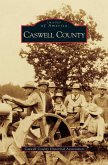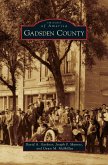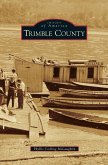Located in an area known as the "Pine Barrens" because the branches of the dense, virgin pine trees interlaced so tightly that they almost blocked the sun's rays and prevented the growth of ground vegetation, Colquitt County was formed from Thomas and Lowndes Counties in 1856. The county was named for Walter T. Colquitt, a Methodist minister, Georgia's most successful criminal lawyer, and a state senator. The 1860 Federal Census listed 1,360 residents in the county's 547.5 square miles. Set up as a buffer zone between the Seminole Indians of Florida and the Lower Creeks of Georgia, the area was considered by some members of the Georgia Assembly as "practically useless" and not worthy of state expenditures for road construction. From this inauspicious beginning, Colquitt County has grown to be a leader in agricultural, industrial, military, municipal, educational, historic, and artistic endeavors. Colquitt County continues to be a leader in all aspects of community life, from the early days of logging, naval stores, farming, and livestock production, to modern advances in education, manufacturing, agriculture, and the arts.
Hinweis: Dieser Artikel kann nur an eine deutsche Lieferadresse ausgeliefert werden.
Hinweis: Dieser Artikel kann nur an eine deutsche Lieferadresse ausgeliefert werden.








